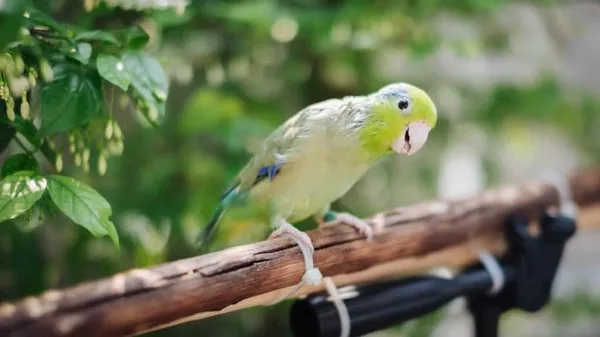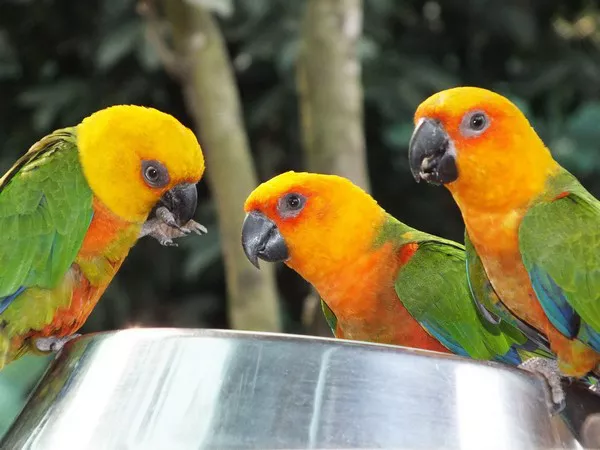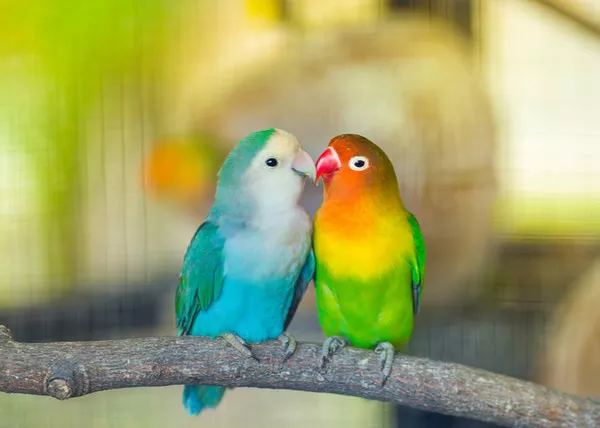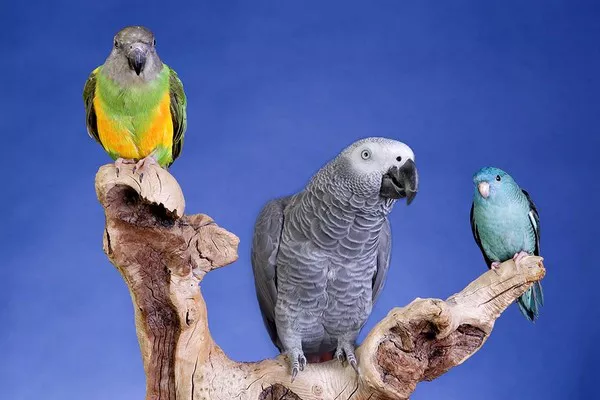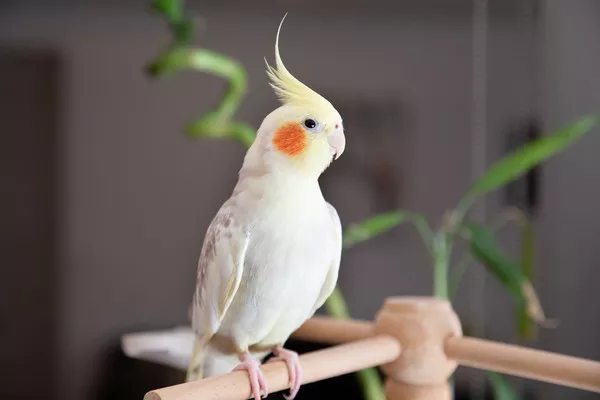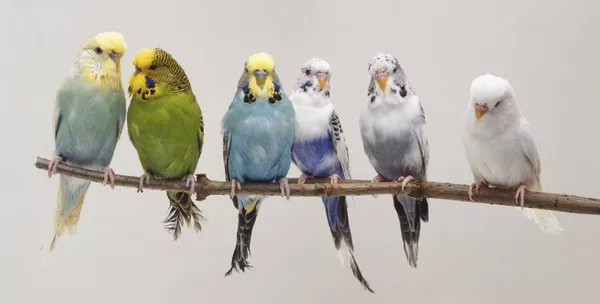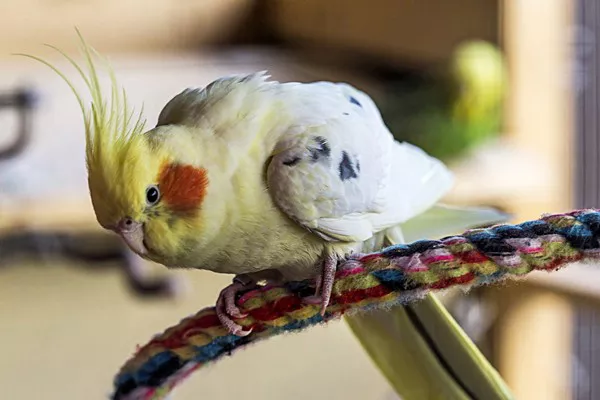African grey parrots are among the most popular companion birds kept as pets, and for good reason. Not only are they incredibly intelligent and capable of learning complex words and phrases, but they also have a gentle and affectionate nature that makes them ideal companions.
But how long do African greys live as pets? Understanding their lifespan is an important consideration for anyone considering bringing one of these birds into their home. In this article, we’ll take a closer look at African grey parrots and explore their average lifespan in captivity.
African Grey Parrots – A Brief Overview
African grey parrots are native to the rainforests of West and Central Africa. There are two species of African grey parrots: the Congo African grey (Psittacus erithacus) and the Timneh African grey (Psittacus timneh).
Congo African grey parrots are larger than Timneh African greys and tend to have brighter plumage. They are also more commonly kept as pets. Both species are highly intelligent and capable of mimicking human speech with remarkable accuracy.
In addition to their impressive vocal abilities, African grey parrots are known for their cognitive intelligence. They are capable of solving complex problems, recognizing themselves in mirrors, and even demonstrating empathy towards other animals.
Average Lifespan of African Grey Parrots in Captivity
African grey parrots have a relatively long lifespan compared to many other pet birds. In the wild, they typically live for around 30 years. However, when kept as pets, their lifespan can be significantly longer.
On average, African grey parrots kept as pets can live anywhere from 40 to 60 years. In some cases, they may even live into their 70s. This means that if you are considering adopting an African grey parrot, you need to be prepared for a lifelong commitment.
Factors That Affect Lifespan
Several factors can impact the lifespan of African grey parrots in captivity. These include:
- Diet – African grey parrots require a balanced diet that includes fresh fruits, vegetables, and high-quality pellets. A poor diet can lead to health problems and a shortened lifespan.
- Exercise – African grey parrots are active birds and require plenty of opportunities for exercise and mental stimulation. Lack of exercise can lead to obesity and related health issues.
- Housing – African grey parrots need a spacious living environment that allows them to move freely and engage in natural behaviors like flying and climbing.
- Veterinary Care – Regular check-ups with a qualified avian veterinarian are essential for maintaining your African grey’s health and detecting any potential health issues early on.
- Genetics – Just as with humans, genetics can play a role in the longevity of individual birds.
Tips for Extending Your African Grey’s Lifespan
If you want to help ensure that your African grey lives a long and healthy life, there are several things you can do. These include:
- Providing a Healthy Diet – Make sure your African grey’s diet is well-balanced and includes plenty of fresh fruits, vegetables, and high-quality pellets.
- Encouraging Exercise – Provide your bird with plenty of opportunities for exercise and mental stimulation. This could include toys, perches, and daily playtime outside of their cage.
- Creating a Comfortable Living Environment – Make sure your African grey’s living space is appropriately sized, clean, and outfitted with all the necessary amenities.
- Regular Veterinary Check-Ups – Schedule regular check-ups with a qualified avian vet to monitor your bird’s health and detect any potential issues early on.
- Spend Quality Time with Your Bird – African grey parrots thrive on social interaction and attention from their owners. Spending quality time with your bird each day will help ensure they feel loved and cared for.
Final Thoughts
African grey parrots are wonderful pets that bring joy and companionship to many people. However, adopting one of these birds is a significant commitment, as they can live for several decades in captivity.
By providing your African grey with a well-balanced diet, plenty of exercise and mental stimulation, a comfortable living environment, regular veterinary care, and plenty of social interaction, you can help ensure that your bird lives a long and healthy life by your side.
Recommended reading:


